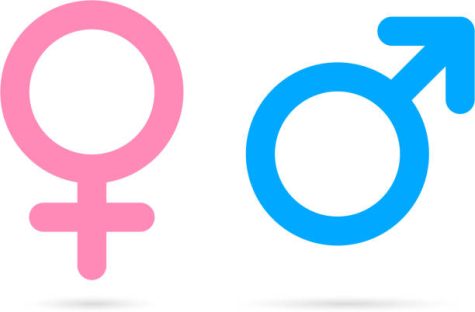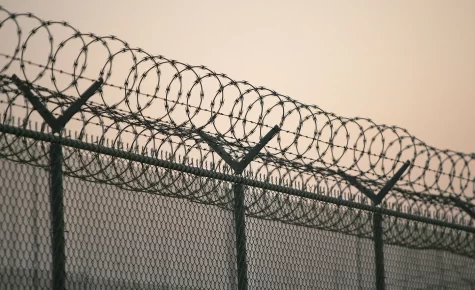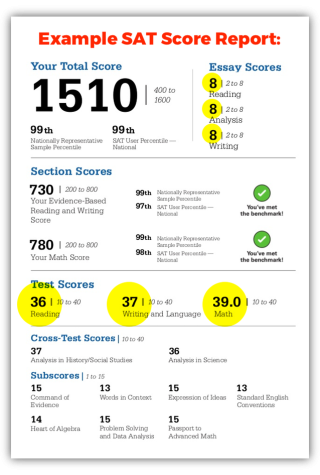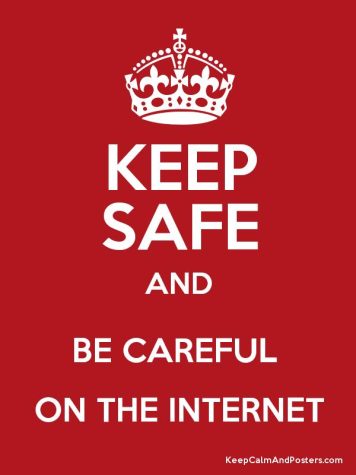Valuing education
What American students can learn from Malala Yousafzai
American teenagers dread going to school. We hear some of our classmates complain about how much they “hate this class” as they make their opinions loud enough for all to hear.
What many American teens don’t think about is how much their life would be altered if their right to education was suddenly taken away from them.
The right to education is exactly what 16-year-old Malala Yousafzai is fighting for. A native of Pakistan, Malala started writing a blog outlining how difficult it is for females to get an education in her country.
After a New York Times article was written about her in 2010, Malala gained a reputation for being an advocate for women’s rights, something that is frowned upon in many countries around the world.
This reputation led to Malala being a target of the Taliban, a group that has a heavy influence in her hometown of Mingora.
On October 9 of 2012, Malala was shot in the head and neck by members of the Taliban on her way home from school.
Miraculously, Malala recovered from her injuries, and continues to this day to be an advocate for women’s rights and education.
Recently, Malala has written a book, titled “I am Malala: The Girl Who Stood Up for Education and Was Shot by the Taliban”. In it, she describes her life growing up in a country plagued by terrorism, and how difficult it is for women to get an education.
On Tuesday, October 8, Malala appeared on “The Daily Show with Jon Stewart” and talked about not only her new book, but the importance of education for women around the world.
“We are human beings, and this is a part of our human nature that we don’t learn the importance of anything until it’s snatched from our hands,” she says. “In Pakistan, when we were stopped from going to school, at that time I realized that education is very important and education is a power for women, and that is why the terrorists are afraid of education. They do not want women to get education because then women will become more powerful”, Malala told Stewart.
As of October 7 of this year, the Taliban still considers Malala a target. However, Malala is still standing up for what she believes in, regardless of the risks.
“Terrorists thought that they would change my aims and stop my ambitions, but nothing changed in my life except this — weakness, fear and hopelessness died, strength, power and courage was born.” I am the same Malala, my ambitions are the same, my hopes are the same and my dreams are the same,” she told the United Nations in July.
In a nation where we have rights that many around the world fight and risk their lives for, American teenagers should look to people like Malala Yousafzai for an example.
We might not like waking up to go to school every day, but the fact that we have the right to go to a safe school regardless of our gender, race, religion or whatever makes us diverse should be enough reason to be thankful.
Breanna Cooper has been on the Spotlight staff for two years and is currently in her senior year. She started writing in elementary school and hasn’t...











